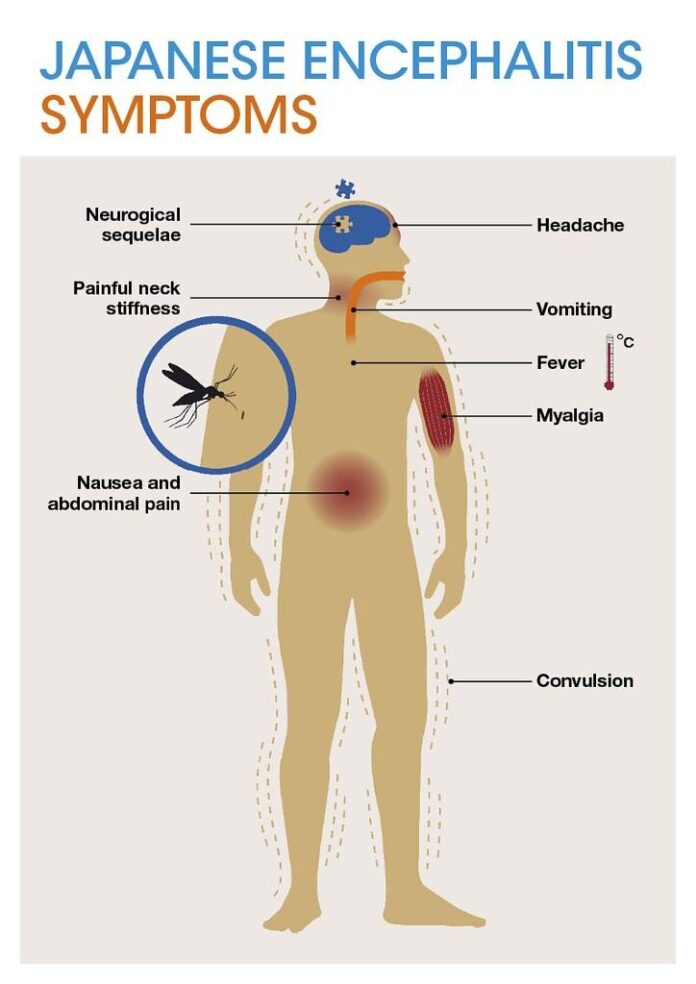
Ischemic colitis is a condition that occurs when blood flow to the colon is reduced, leading to inflammation and damage to the colon tissue. This can result in a range of symptoms that can vary in severity. Recognizing these symptoms is important for seeking prompt medical attention and treatment.
In this article, we will discuss the symptoms of ischemic colitis in detail, including common signs to look out for and why it’s important to seek medical care if you experience any of these symptoms.
Abdominal Pain
One of the most common symptoms of ischemic colitis is abdominal pain. This pain is often described as crampy or colicky and can occur suddenly. The severity of the pain can vary from mild to severe and may be located in the lower abdomen on the left side, though it can also be present throughout the abdomen.
In some cases, the pain may be accompanied by tenderness in the abdomen. If you experience sudden and severe abdominal pain, especially if it is persistent or worsens over time, it’s important to seek medical attention to rule out ischemic colitis or other serious conditions.
Diarrhea
Another common symptom of ischemic colitis is diarrhea. This can range from mild to severe and may be accompanied by urgency and increased frequency of bowel movements. The diarrhea may be watery or contain blood, and can be a result of the inflammation and damage to the colon tissue.
If you experience sudden and persistent diarrhea, especially if it is accompanied by other symptoms such as abdominal pain or rectal bleeding, it’s important to consult a healthcare professional for an accurate diagnosis and proper treatment.
Bloody Stools
Bloody stools are another symptom of ischemic colitis. The blood may be bright red or dark and can be present on the surface of the stool or mixed within it. Rectal bleeding can also occur, which may be accompanied by pain or discomfort during bowel movements.
If you notice blood in your stools or on the toilet paper, it’s essential to seek immediate medical attention as this can be a sign of a serious medical condition such as ischemic colitis or other gastrointestinal disorders.
Nausea and Vomiting
Nausea and vomiting can also be symptoms of ischemic colitis, especially if the condition is severe or prolonged. This can be a result of the inflammation and damage to the colon, leading to disruption in normal digestive processes.
If you experience persistent nausea and vomiting, especially if it is accompanied by other symptoms of ischemic colitis, it’s important to seek medical care to determine the underlying cause and receive appropriate treatment.
Fever
In some cases, ischemic colitis can be associated with fever, which can indicate an infection or inflammation in the colon. Fever may be accompanied by chills and an overall feeling of being unwell, and can be a sign of a more severe form of ischemic colitis that requires immediate medical attention.
If you develop a fever along with other symptoms of ischemic colitis, it’s crucial to consult a healthcare professional for accurate diagnosis and prompt treatment to prevent complications.
Changes in Bowel Habits
Ischemic colitis can lead to changes in bowel habits, such as increased frequency of bowel movements or difficulty passing stool. These changes can be a result of inflammation and damage to the colon tissue, which can disrupt normal bowel function.
If you notice persistent changes in your bowel habits, it’s important to seek medical attention to rule out ischemic colitis or other serious gastrointestinal conditions and receive appropriate care.
Loss of Appetite
Loss of appetite is another symptom that can be associated with ischemic colitis, especially if the condition is severe or prolonged. This can be a result of nausea, abdominal pain, or other symptoms that affect normal eating patterns.
If you experience a loss of appetite along with other symptoms of ischemic colitis, it’s important to consult a healthcare professional for an accurate diagnosis and proper treatment to address the underlying cause.
Weight Loss
Unintended weight loss can also be a sign of ischemic colitis, especially if it occurs in conjunction with other symptoms such as abdominal pain, diarrhea, or loss of appetite. This can be a result of the disruption in normal digestive processes and the body’s ability to absorb nutrients from food.
If you experience unexplained weight loss along with other symptoms of ischemic colitis, it’s essential to seek medical attention to determine the underlying cause and receive appropriate care to prevent further complications.
Fatigue
Fatigue is a common symptom that can occur in people with ischemic colitis, especially if the condition is severe or prolonged. This can be a result of the body’s response to inflammation, infection, or other disruptions in normal bodily functions.
If you experience persistent fatigue along with other symptoms of ischemic colitis, it’s important to consult a healthcare professional for an accurate diagnosis and proper treatment to address the underlying cause.
Rectal Bleeding
Rectal bleeding is another symptom that can occur in people with ischemic colitis, which can be a result of the damage to the colon tissue and blood vessels. This can lead to blood in the stool or on the toilet paper and may be accompanied by pain or discomfort during bowel movements.
If you notice rectal bleeding, it’s essential to seek immediate medical attention as this can be a sign of a serious medical condition such as ischemic colitis or other gastrointestinal disorders that require prompt treatment.

















